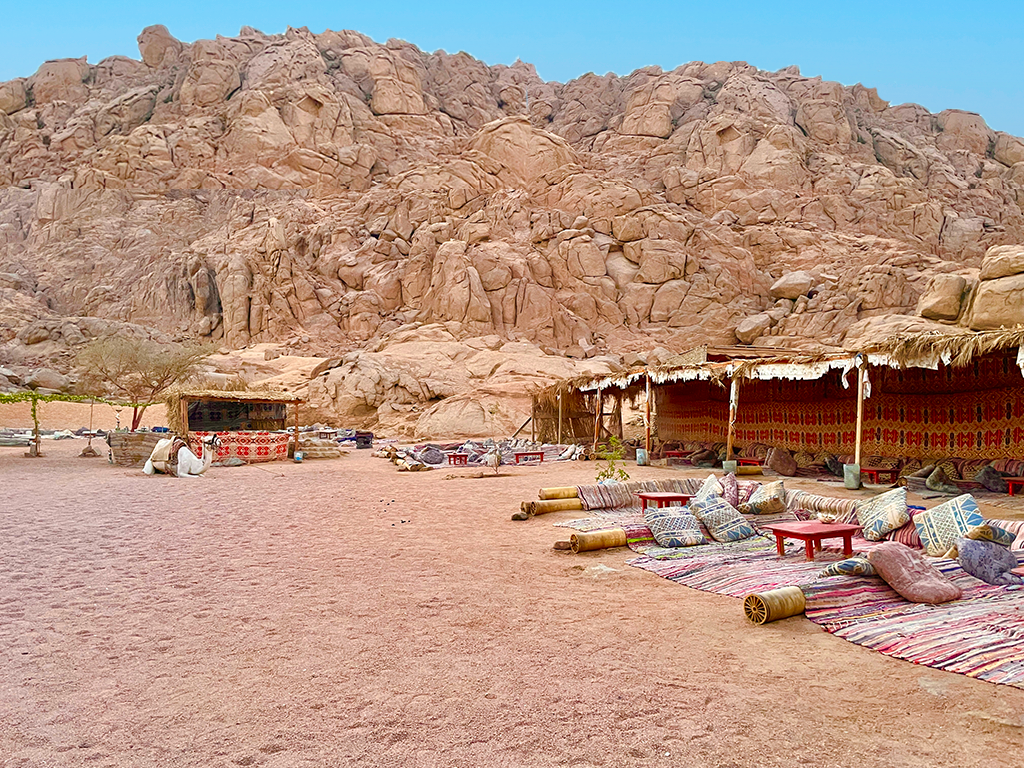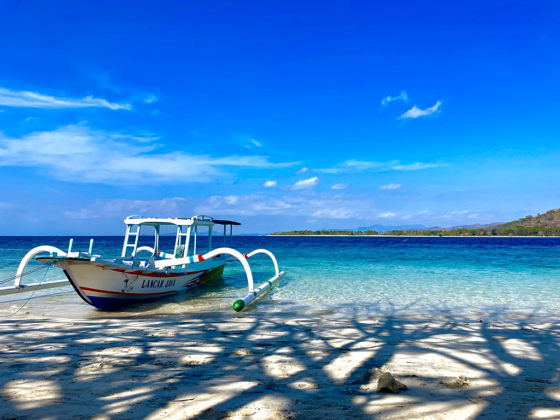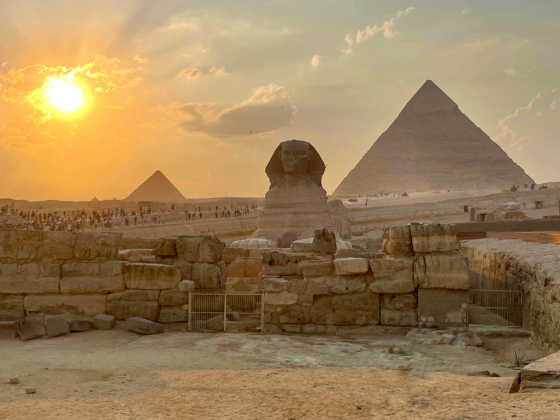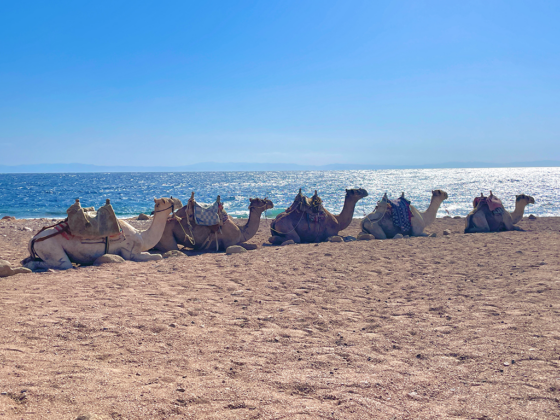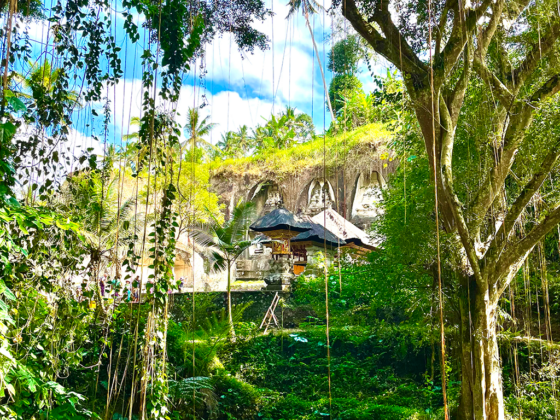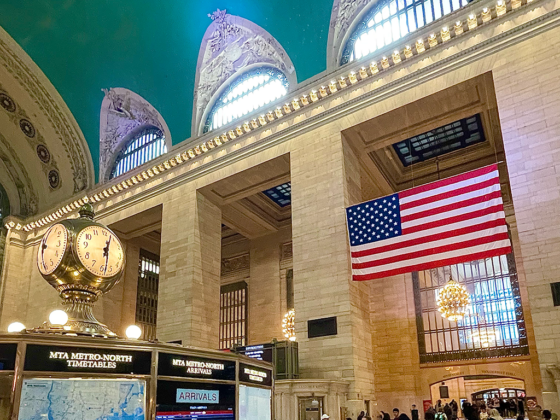Egypt, land of the majestic pyramids of Giza and the legendary River Nile, fascinates and attracts travellers from all corners of the world. Although it is a welcoming destination, it has social and cultural norms that differ from our own.
In this article, we share useful tips on what to pack, what documents to bring, advice on travelling safely, and considerations on local traditions and climate.
Is it safe to travel to Egypt?
Egypt is an extraordinary destination, but these days one wonders if it is a safe country.
Cities such as Cairo and Alexandria and Red Sea resorts such as Sharm-el-Sheikh and Hurghada are generally considered safe for tourists. While it is advisable to avoid the Sinai Peninsula, in particular the areas bordering Israel and Palestine, as well as the border areas with Libya and Sudan, which are currently characterised by tensions.
In general, a good option is to participate in guided tours. Local guides are familiar with the language, customs and safer areas, helping to avoid potentially risky situations.
Documents and visa
To enter Egypt, you need a passport with at least six months’ validity remaining or a valid identity card for travel abroad. A visa is also required. Through the official website of the Egyptian authorities you can apply for an electronic visa (e-visa) before departure, saving time and simplifying entry checks. Alternatively, you can obtain it directly upon arrival. If you are travelling with an identity card only, you need to bring two passport photos for the document to be issued.
Vaccinations
There are no compulsory vaccinations for entry into the country. Those recommended are those against hepatitis A and B, tetanus and yellow fever (if arriving from a country with a risk of transmission). It may also be useful to start a course of milk enzymes a week or two before departure.
Always consult up-to-date sources, such as the ‘Viaggiare Sicuri‘ website, before departure.
Travel Insurance
Comprehensive travel insurance can be very useful when visiting Egypt. We always use Heymondo, because it offers travel insurance at fair prices, with the option to remove the deductible and add cancellation cover. It also provides an app for easy communication with assistance.
Read our article on travel insurance.
Connecting while travelling
If you want to be always connected, there are two solutions:
- Local SIM: there are three main operators: Vodafone, Orange and Etisalat. All three offer reliable connections and excellent network coverage. Their Internet packages are similar in terms of speed, amount of data offered and prices. Although it is a cheap solution, in our opinion, it is not very practical because it requires you to physically insert the SIM in your phone, temporarily giving up your number or carrying a second smartphone;
- eSIM: this is a slightly more expensive alternative, but avoids the need to insert a physical SIM card, offering the same functionality. Thanks to this technology, it is possible to activate a local data plan and connect to a mobile network simply via software, without having to physically replace any card.
Read our article to learn more about connection while travelling.
Health and Prevention
Here are some precautions to take during a trip to Egypt.
It is advisable to drink only closed bottled water to avoid gastrointestinal problems. It is better to avoid ice cubes, which are often prepared with tap water. For fruit and vegetables, it is advisable to opt for products that can be peeled and have not been exposed to non-potable water.
As for all countries with a very hot and sunny climate, it is useful to have a high-protection sun cream and sunglasses. It is also essential to stay hydrated at all times: always carry a fresh water bottle with you.
In some areas, especially near natural areas and near the Nile, you will have to deal with many insects and mosquitoes. To avoid annoying bites, insect repellent is recommended, especially during the evening hours.
What to pack?
When travelling to places with a strong religious background, it is important to adapt to local customs also in the choice of clothing.
When visiting historical sites and places of worship, for women, it is recommended to wear a headscarf to cover the shoulders while for men it is better to avoid short trousers. In general, out of respect for the places visited and to be comfortable, it is preferable to wear light, long clothes.
Given the desert climate, it is important to remember that nights can be cool, especially in the desert: a jumper or sweatshirt can come in handy.
Beware of ambiguous situations
In Egypt, as in many tourist destinations, it is possible to come across ‘shady’ incidents, which are not necessarily dangerous, but can be unpleasant or costly. With a few precautions and a little care, they can be avoided.
A very common situation at Egyptian airports concerns the offer of ‘help’ in filling out tourist visa forms, usually requested by people posing as airport employees. These intercept travellers as they disembark, directing them to a checkpoint pretending that it is part of the normal procedure. They then offer to fill in the visa form asking for an extra sum, passing it off as an official fee, which in reality is not required. This practice is deceptive because the visa form is simple to fill out and does not require any extra charge over and above the official visa fee.
Another unpleasant situation is that of bogus ‘assistants’ or ‘baggage handlers’ who offer to help with your luggage or accompany you to the exit or check-in counter, and then demand an exaggerated tip or even a fixed fee. Fake porters or unauthorised individuals, dressed as airport, taxi service or hotel staff, approach tourists offering to carry their luggage. They often grab luggage without waiting for a response, creating an uncomfortable situation for the tourist, who feels obliged to accept help. It is better to politely refuse these services and carry one’s luggage oneself.
Beware of fake tour guides who, pretending to help visitors, falsely inform them that a tourist attraction is closed for ‘maintenance work,’ ‘prayer’ or other non-existent reasons. Immediately afterwards, they offer to take them to see another ‘equally interesting’ attraction or a ‘trusted shop’ where they can buy authentic souvenirs. Accepting this ‘offer’ often involves a long tour in which one is taken to contracted shops, where the fake guide will receive a commission on purchases. It is best to always check the official opening hours of the attractions to avoid any inconvenience.
In the area of the pyramids, it is very common to be offered to ride on a camel to take scenic camel photos. The initial price often seems low or even zero. Clearly once the tourist has climbed onto the camel and taken the picture, the situation changes. The camel owners may demand an even high payment to ‘free’ the tourist. If the tourist refuses or tries to argue, the men may become insistent, claiming that the price includes a ‘guide’ or other services never requested. Always agree on the price and what is included first.
In markets and bazaars, sellers often start with very high prices, counting on the fact that tourists do not haggle. Here the advice is to always negotiate calmly, accepting that it is part of the game! Being polite but firm and not hesitating to refuse suspicious offers is the best way to avoid problems.
Last modified: 26 February 2026
